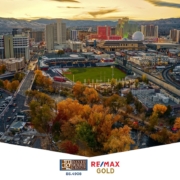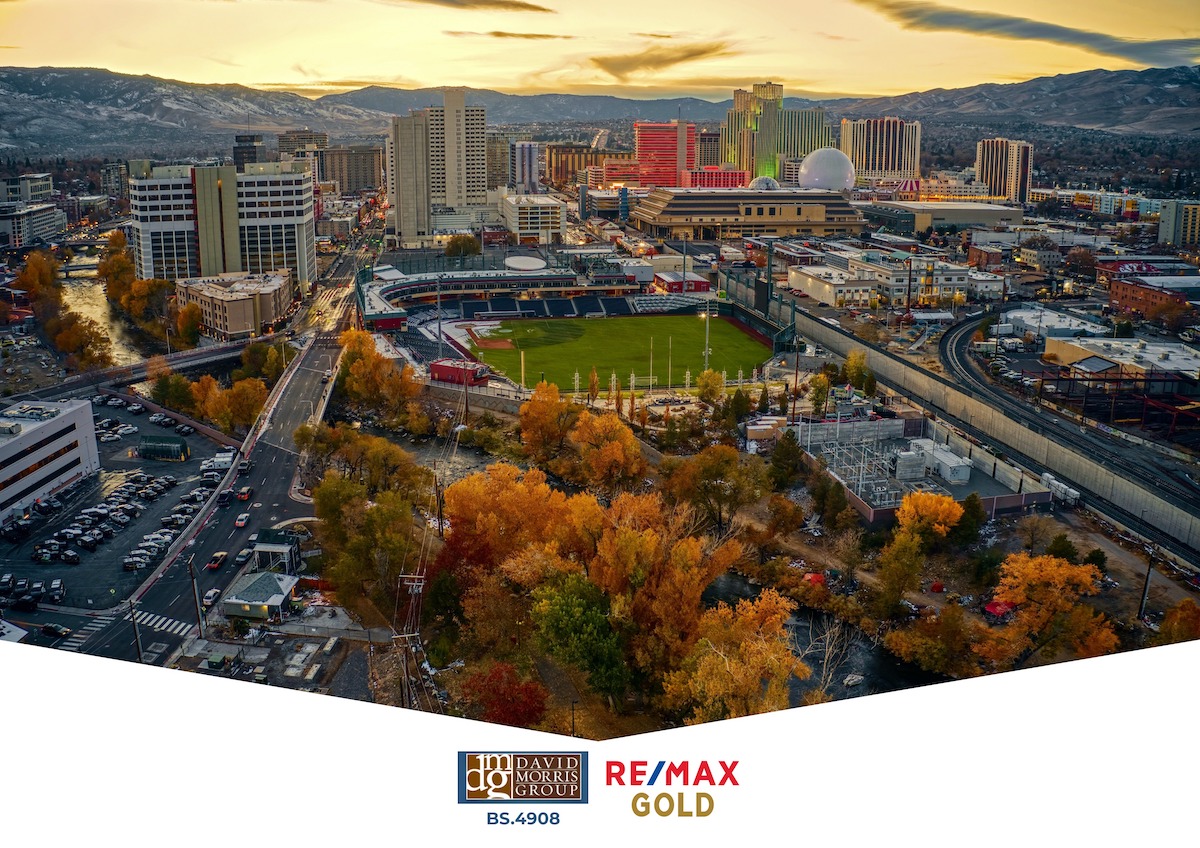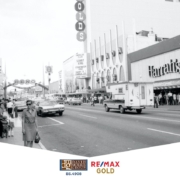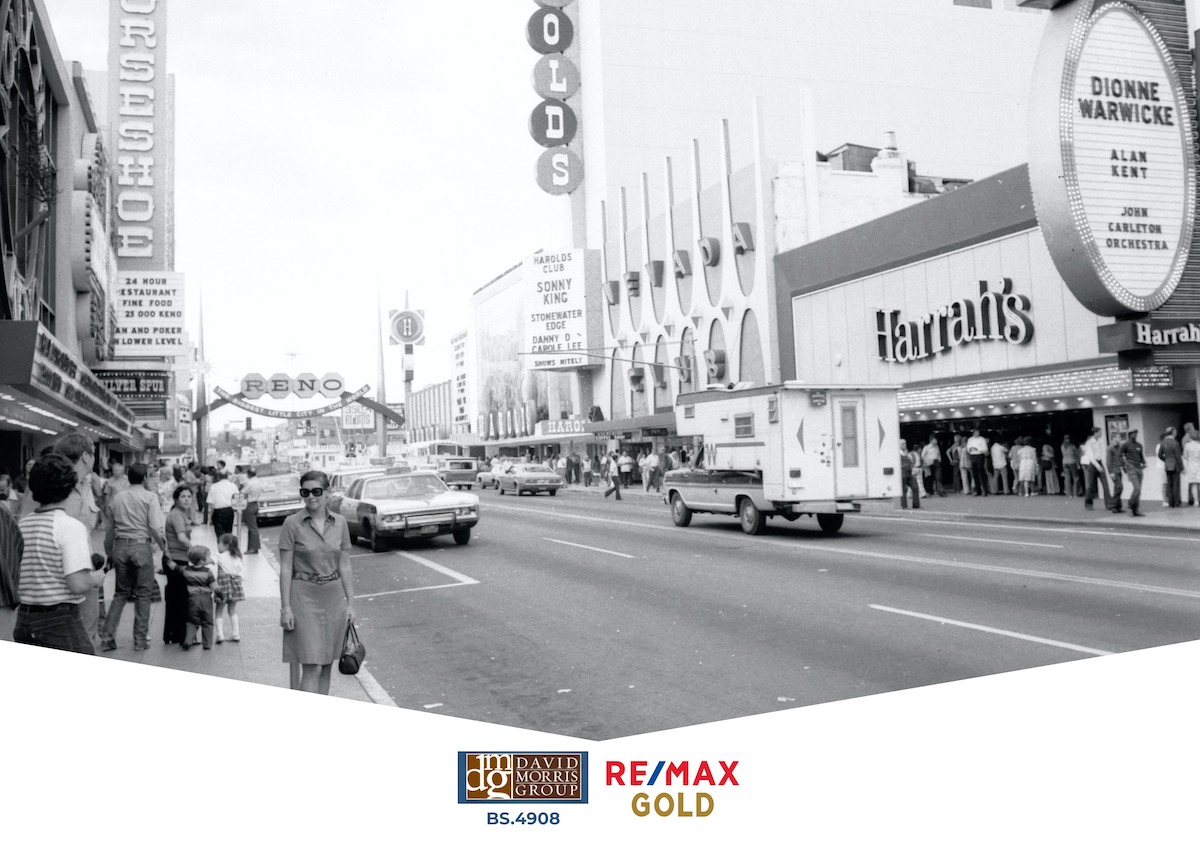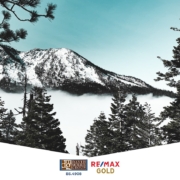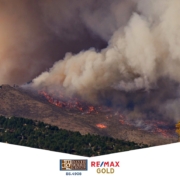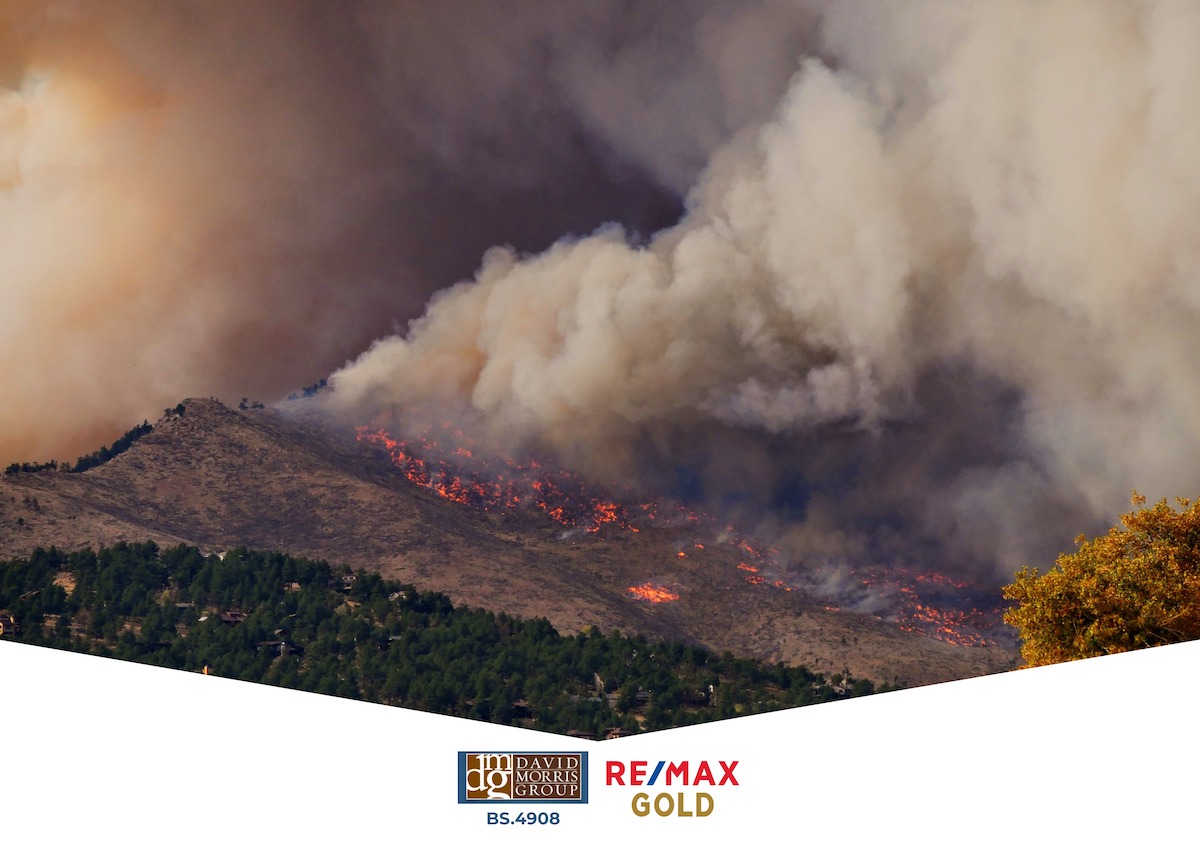Relocation Guide: Signs It’s Time to Relocate to Reno
Questioning if you’re in the right place can lead to some distress, especially when you start to think about what moving entails – finding a new home, listing your old home, packing, job security, etc. While we won’t say that moving is ever easy or always the right move, there are some things to be watchful for. Here are a few signs it’s time to relocate to Reno.
Financially Responsible
Prices are increasing everywhere, especially in the real estate market. When you compare the cost of living in California and other metros to the cost of living in Reno, Northern Nevada may help you increase the amount of disposable income you have to spend each month. Consider if the housing, utilities, food, healthcare, education, transportation, etc., are more affordable for you in Reno compared to the costs you face now.
Rewarding Job Opportunities
The pandemic has created some burnout in several industries, and it’s becoming a time of transition. Many are looking to switch jobs, companies, and even career fields. If you’re feeling overworked and underappreciated in your current career, take a look at the job opportunities in Reno. With an entrepreneurial spirit and a growth in tech and manufacturing employment opportunities, Reno businesses are always looking to add to their creative workforces.
Overall Happiness
One complaint can spiral into many. If you’re finding it hard to find the bright side in where you’re currently living, it may be time to move. Your peace of mind and mental health is the most important factor to consider. Your home should be an oasis, a place where you can unwind at the end of the day and create beautiful memories, but if it’s becoming a stress-inducer or if it no longer offers you the space you need, consider new solutions.
Looking to Explore
Many metropolitan areas fall short on open space and outdoor activities available. If you have the heart of an explorer, want to breathe in the fresh air, or have an outdoor hobby, Reno is a great place to be. With tons of hiking and biking trails, an easy commute to Tahoe, and tons of parks and green spaces, you’ll never run out of areas to explore and spend your free time.
Easier Commutes
Are you spending hours in traffic each day? It’s common in cities and suburbs worldwide, but in Reno, you can get practically anywhere around the city in under 20 minutes. Chauffeuring kids to school or heading into the office is shockingly quick. Can you say that about where you’re living now?
Reno is a great place to call home, but we recommend weighing the pros and cons for yourself. These are but some of the signs it’s time to relocate to Reno, but if you’d like to chat about your personal circumstances and what it’s like living in the Reno-Sparks community, contact the David Morris Group. We’re always happy to share our knowledge of the area and the real estate market!

